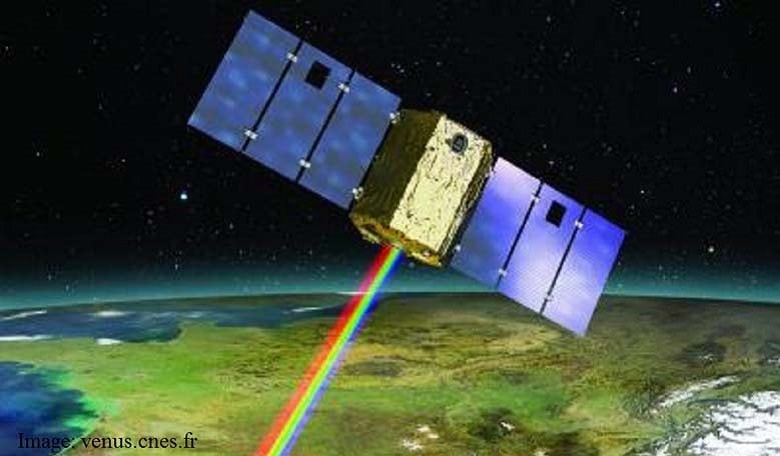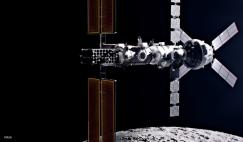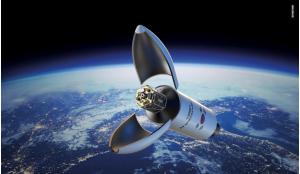As part of the project, scientists at the Soreq Nuclear Facility are developing a device that will be incorporated into a French satellite. This new device will provide important new information regarding the coating on satellites and their ability to withstand extreme conditions in space. Developed at Soreq, the device will measure radiation and the concentration of free oxygen in space, which destroy the surface of essential optical components. These components must remain transparent to operate in an optimal fashion.
The project will be funded by the two agencies and will commence in the next few months. After the French satellite is launched and reaches its target height, it will broadcast its data back to Earth, where they will be analyzed and utilized by scientists from both agencies.
“Expanding our cooperation with CNES is further proof of the demand throughout the world for Israeli technology focused on space exploration,” Akunis said.
This additional project joins the joint Israeli-French Venµs civilian satellite, which will be launched into space in 2015. Venµs’s camera is the most advanced in the world, with the ability to take 12 pictures of the same site with each one on a different wavelength, including ones that are invisible to humans, such as infrared. The camera will provide vital new information on the quality of water in reservoirs and pollution in land, air, and water. The satellite will take 110 pictures from all over the world during each orbit. Each photo will cover 700 square kilometres. The satellite is one of the lightest in existence, weighing only 270 kilograms.











